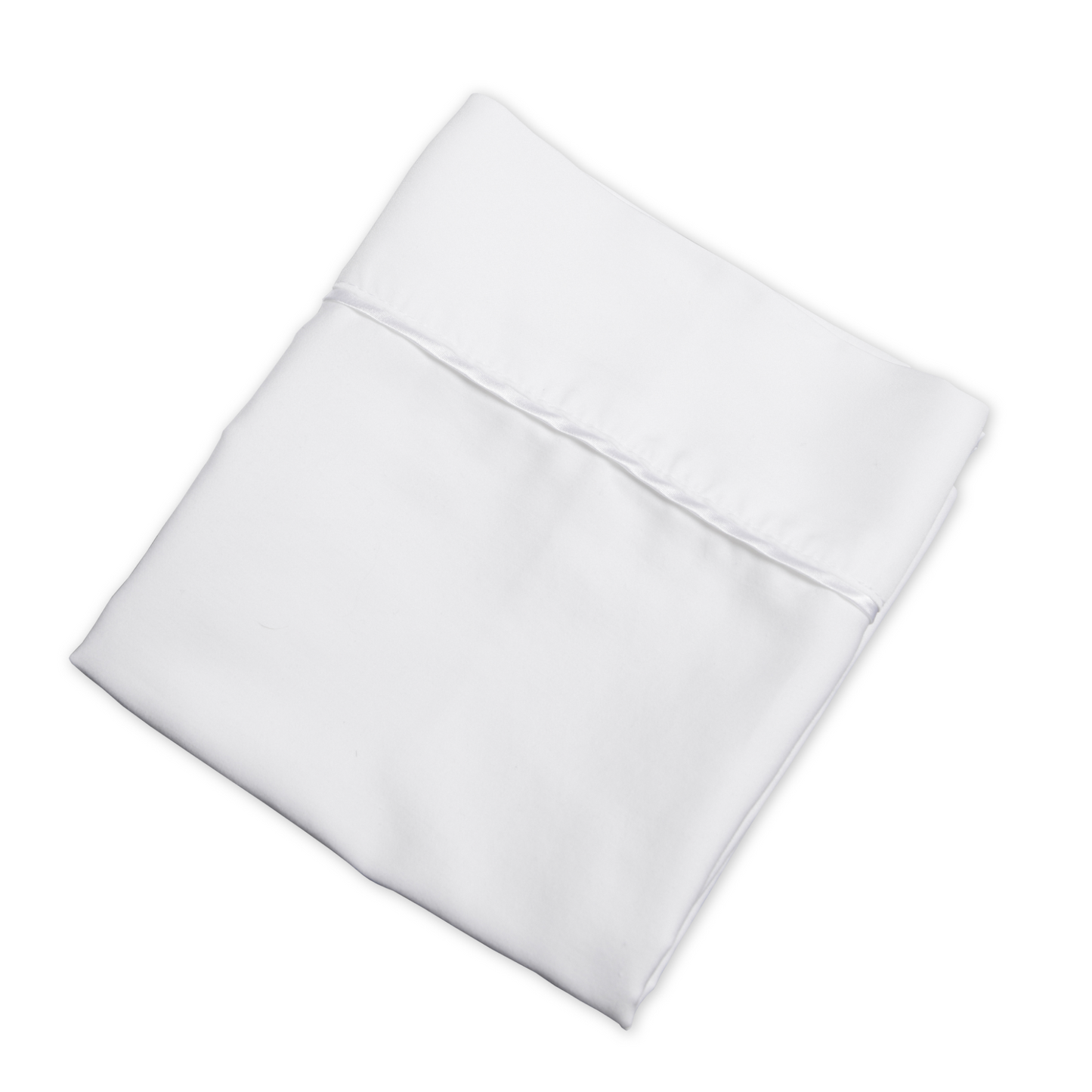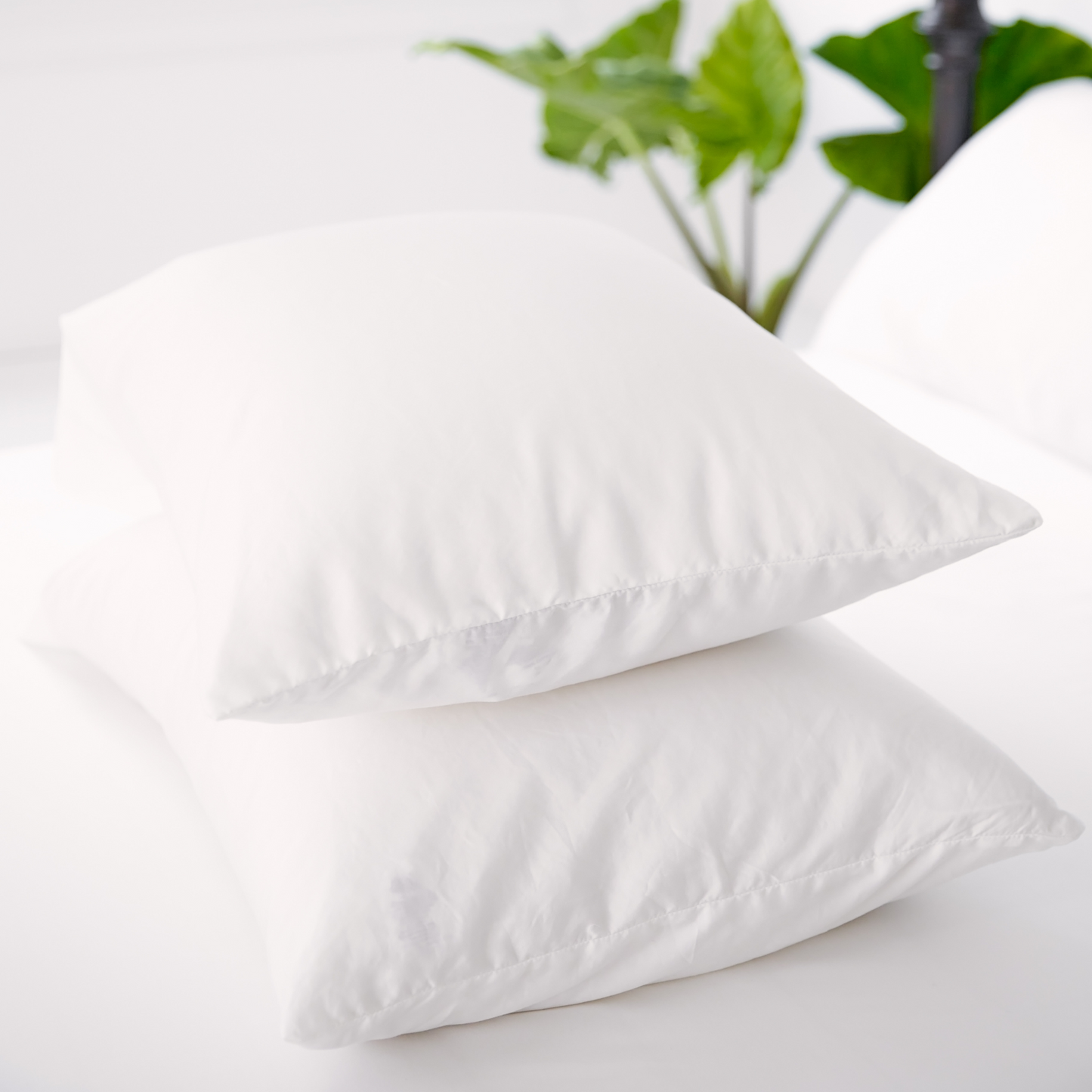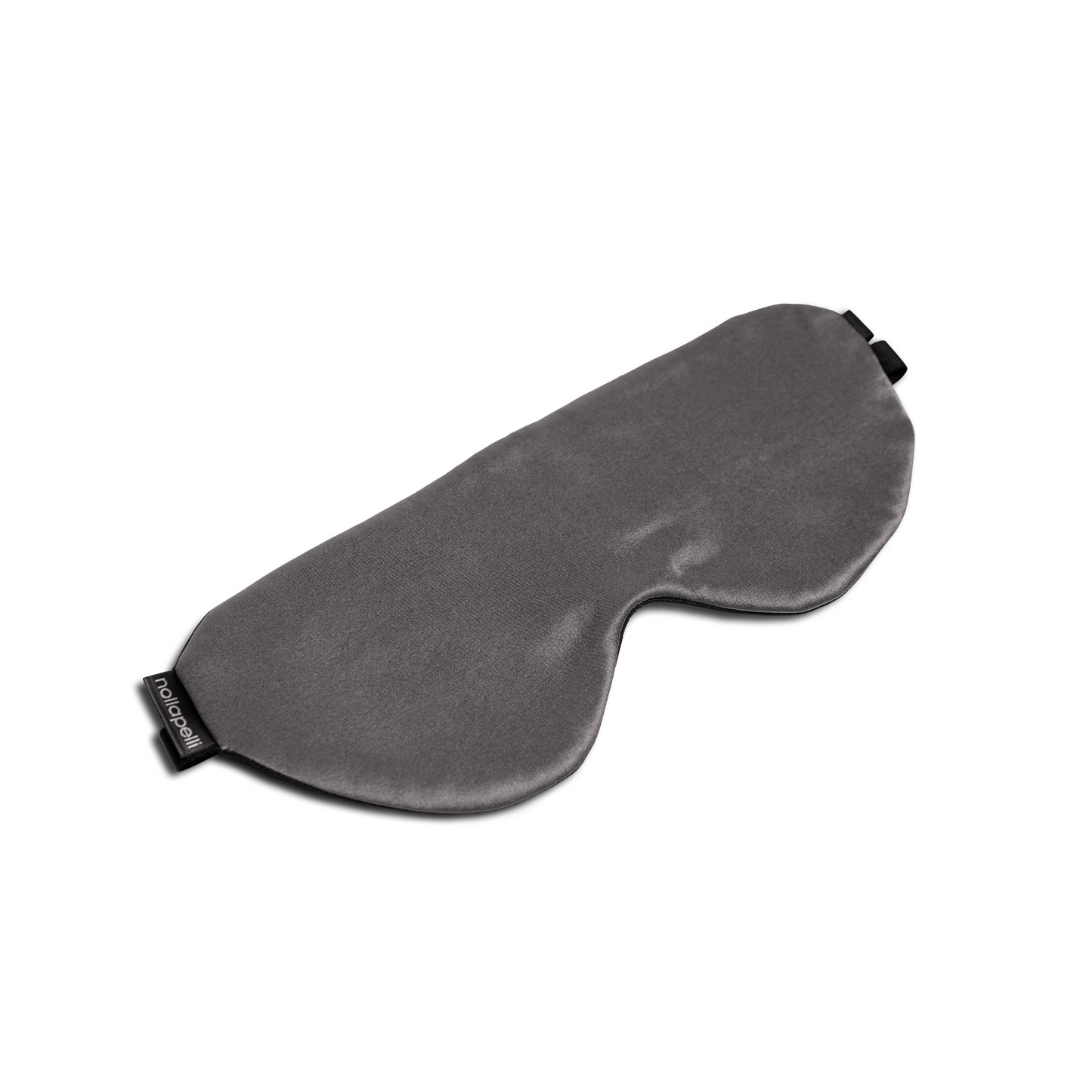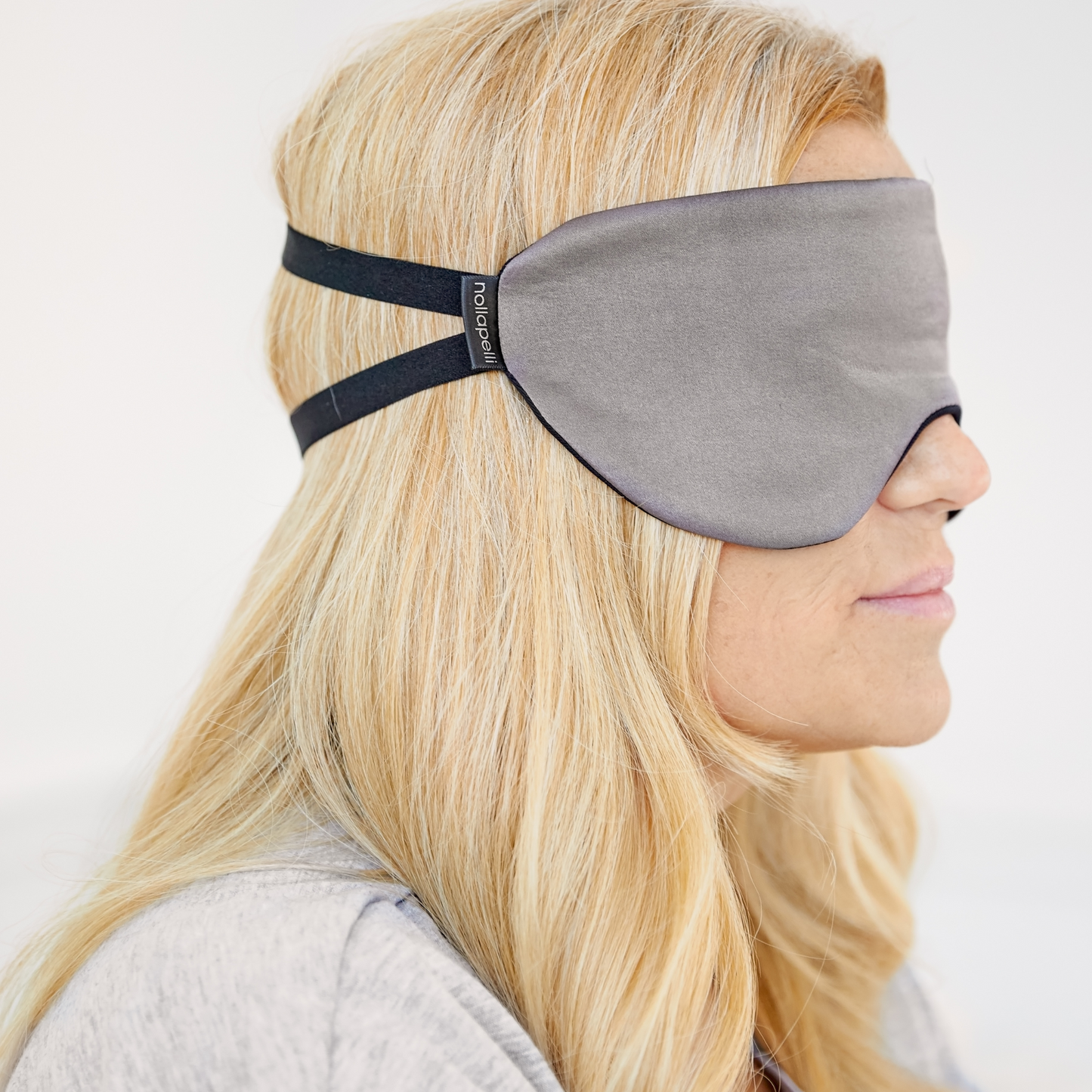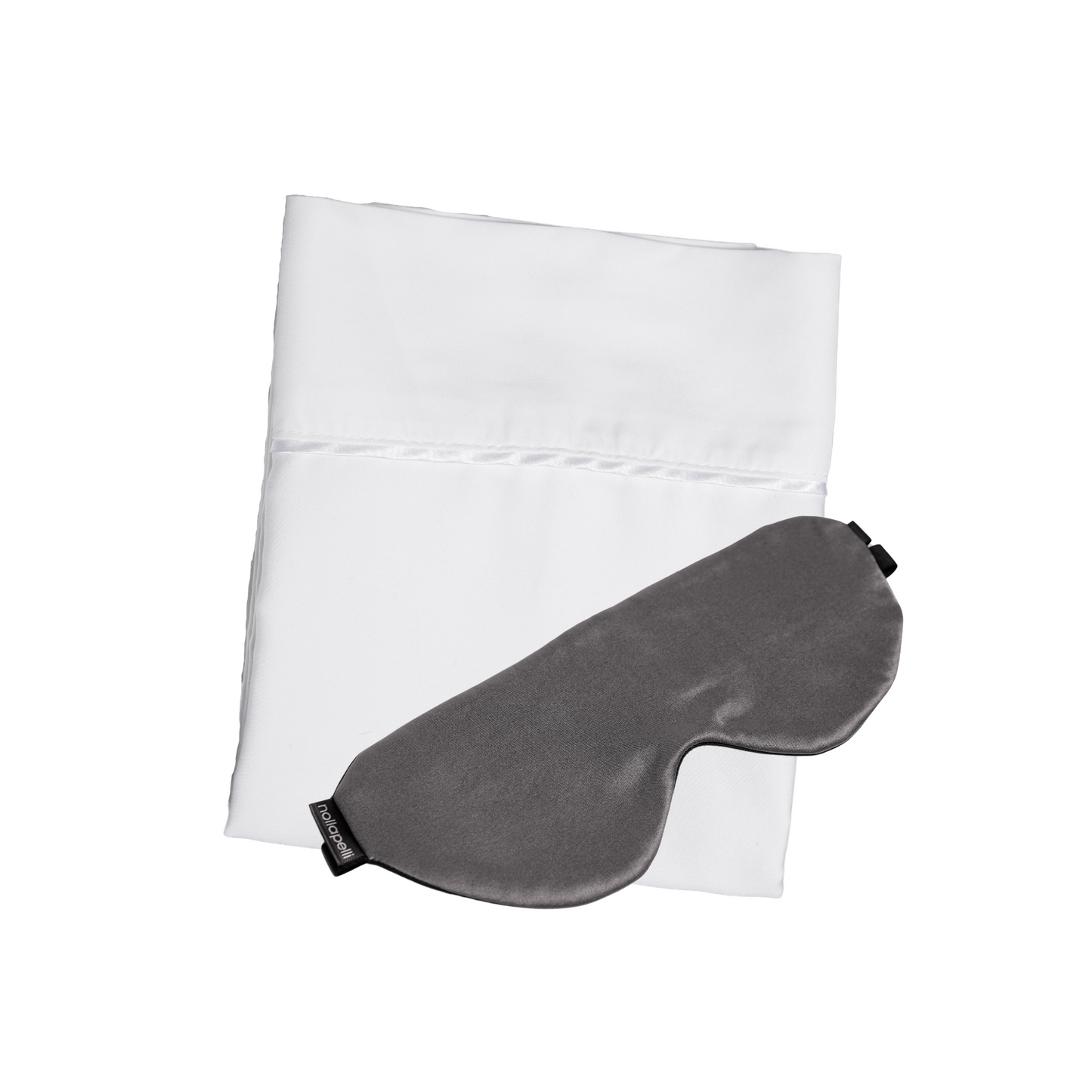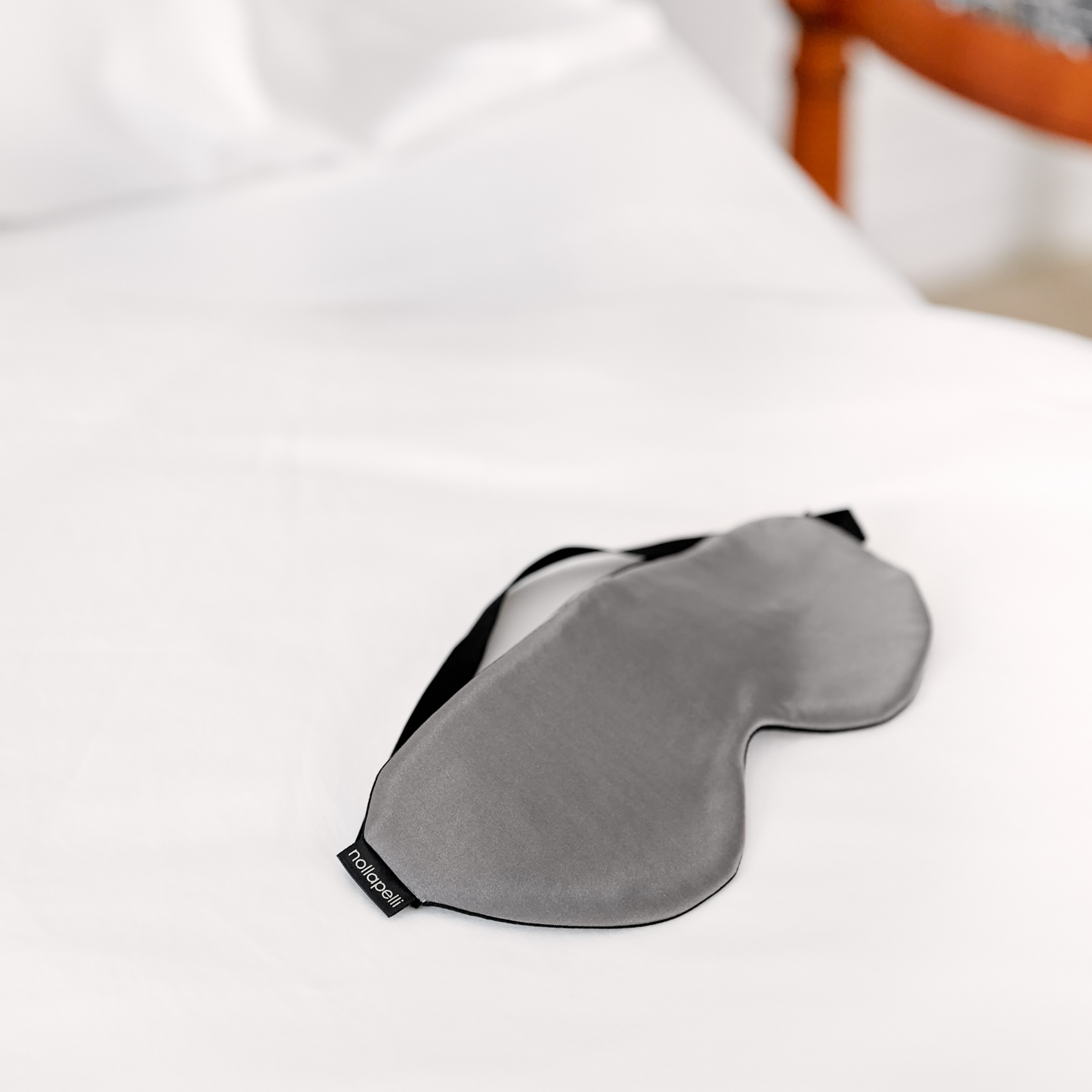
“Menopause is mother nature's way of forcing us to refocus our energy on ourselves.” — Stacy London, CEO of State of Menopause
I love quotes and often turn to them for inspiration, but this one really caught my eye, because it puts such a profound spin on menopause. As I turned 50 earlier this year, refocusing and reclaiming my energy has become more and more important because, as my mid-life sisters know, we have a lot of life to live and need our energy to live it!
Midlife women have a LOT of demands on our time and energy- we may be dealing with children, spouses/partners, aging parents, jobs/careers, community obligations, and more. Getting good quality sleep is a common problem for busy women, a problem further complicated when the natural process of menopause begins.
As women’s (and men’s!) hormones change with age, sleep is often disrupted. We don’t need flowery language about the waves of problems sleep disruption leaves in its wake – we’ve all felt the crash of sleepless nights. We feel horrible. We look horrible. We can’t think. We have no energy, and all we want is a good night’s sleep in hopes of a better tomorrow.
The phases of menopause can last up to 10 years
Throughout a woman’s life, estrogen, progesterone, and testosterone work together to regulate her reproductive function and menstrual cycle. These hormones also affect mood, energy, sex drive, cognitive and emotional abilities, and sleep. As our reproductive years come to an end, levels of all three hormones start to decline, and this combination in particular can impact a woman’s sleep for up to 10 years!
- Menopause technically refers to a specific point in time, whereby the phase leading up to menopause is called perimenopause, when hormone levels start to decline, menstrual cycles become erratic and irregular, and side effects may begin to occur. While some people are in perimenopause for only a short time, for many it can last four to eight (or even 10) years.
- Menopause is defined as the ceasing of menstruation, and it is driven by a decline in the production of certain hormones, primarily estrogen, progesterone, and testosterone.
- Once a woman has gone 12 full months without a period, that phase is called postmenopause.
Can you imagine feeling as if you have lost control over a good night’s sleep for sooooo long?!!
Reclaim quality sleep with our sheets
Fluctuations in hormones and the eventual decline of estrogen, progesterone, and testosterone levels can bring about a range of side effects, from hot flashes and night sweats, to anxiety, lack of focus, mood swings, headaches, and more. And now as we have learned, these side effects can linger for a very long period of time.
Fortunately with the taboo of menopause loosening its societal grip, there is more information and support for women managing this change. At Nollapelli, we want to do our part in helping midlife women refocus and reclaim their sleep, mood, energy, mental clarity and more with a simple and easy change to their everyday (and night!) life.
Our patent-pending bedding - invented by me, a 50 year-old woman who was tired - is uniquely crafted and constructed to manage moisture, temperature and friction so sleepers stay cool, dry, and most importantly asleep all night long. Our bedding is cooler to the touch, moves heat and moisture away from the body twice as fast, and is twice as breathable as 100% cotton. So when the unpredictable night sweats and hot flashes arise, our bedding helps control the sleep environment.
We may not be able to control the natural process of menopause, but we can take steps to improve the experience and as Stacy London says, “refocus our energy on ourselves,” which starts with a better night’s sleep on bedding designed with midlife women in mind.



